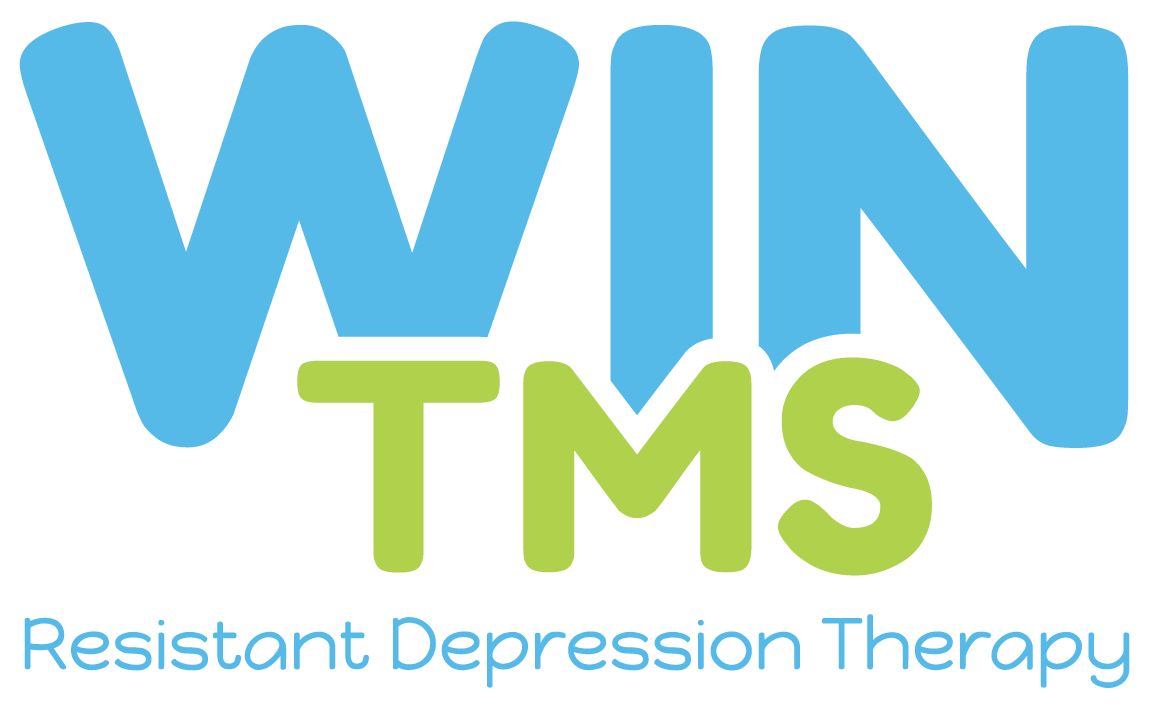Depression Is More Than Just Feeling Down
Our society conveys a distinct vision of depression to all of us. As a result, we think of depressed people as emotionally down or extremely sad individuals. Together, let’s explore the spectrum of depression symptoms and discover ways to effectively address them.
What Are the Various Signs of Depression?
Certainly, persistent sadness is a depression symptom, but it’s not the only possible sign. As a result, depression can hide in plain sight if we don’t know how to identify it.
To determine if you or a loved one could be depressed, look for these signs:
- Feeling consistently low or sad
- Hopelessness that feels like it cannot be overcome
- Changes in sleep patterns
- Staying in bed without any purpose, motivation or plan
- Severe and persistent tiredness that makes any task overwhelming
- Becoming irritable about almost anything
- Feeling frustrated about every aspect of life
- Anger over the tiniest matters
- Changes in appetite, which can also result in losing or gaining weight
- Losing interest in favorite activities for no apparent reason
- Persistent, overwhelming anxiety
- The sudden inability to feel comfortable in situations that previously felt normal
- Being unable to forgive people, especially yourself
- Losing the capacity to concentrate
- Obsessing about death
Importantly, you could notice one or several of the above signs in yourself or someone else. Like many challenges we encounter in life, we cannot put depression in an easily defined box.
What Types of People Can Become Depressed?
Due to people we’ve met in our lives or the socialization we’ve received, we may believe only certain folks get depressed. It seems obvious that negative people who apparently can’t get any good luck are prone to depression. In fact, anyone can encounter depression during their lifetime.
Some types of people are likelier to experience depression, but we are fooling ourselves if we think we cannot personally become depressed. Here is a helpful way to frame humans’ depression potential:
- People who are extremely sensitive to emotions are more susceptible to depression.
- Introverts are more susceptible, too.
- Various trauma survivors have a higher potential for depression.
- Any personality type can experience depression.
- After all, we are complex creatures.
When reflecting on depression in your life, please remember that it typically visits episodically, and it can be difficult to forecast, but some folks may face a singular occurrence in a lifetime.
Does Treating Someone’s Depression Have to Include Prescription Medications?
You may feel nervous about depression treatment. Many of the diverse medications prescribed to treat people’s depression feature side effects.
While medication may be an important component in some folks’ wellness plans, drug-free treatments for depression are available and effective. Of course, all depression therapies should be administered under a professional’s supervision.
How Can You Treat Your Unique Depression Without Prescription Drugs?
If you have previously experienced depression, you can practice mental-health hygiene to prevent or delay its recurrence. Through positive influencers on social media, you may have heard of self-care. Briefly, examples of self-care include meditation, reading, bubble baths and long, meandering walks. Self-care is mental-health hygiene.
Once you are aware of a depressive episode in your life, it may be treatable through drug-free means. We offer a popular and effective alternative to medication at WIN-TMS called transcranial magnetic stimulation.
What Is Transcranial Magnetic Stimulation?
Also known as TMS, this therapy offers relief from recurring depression on an outpatient basis. Here are important details of this potentially life-changing treatment:
- Transcranial magnetic stimulation is noninvasive and drug-free.
- It features a small electromagnet that delivers short bursts of energy to the brain’s motor cortex, which can reset your mood.
- We deliver TMS via short, daily appointments for several weeks.
- Long-term relief from recurring depression is common, and full remission is possible.
- You can drive yourself home from your appointments.
- Health insurers cover TMS.
At our practice’s three locations around Milwaukee, we at WIN-TMS are deeply proud of the positive impact our treatment provides to patients’ lives.
Is TMS the Right Therapy for Your Depression?
If your depression currently persists despite previous attempts at addressing it, we encourage you to contact us. We’ll talk about what sets TMS apart from other treatments, and we’ll answer all your questions. Most of all, we’ll listen.




Leave a Reply
Want to join the discussion?Feel free to contribute!